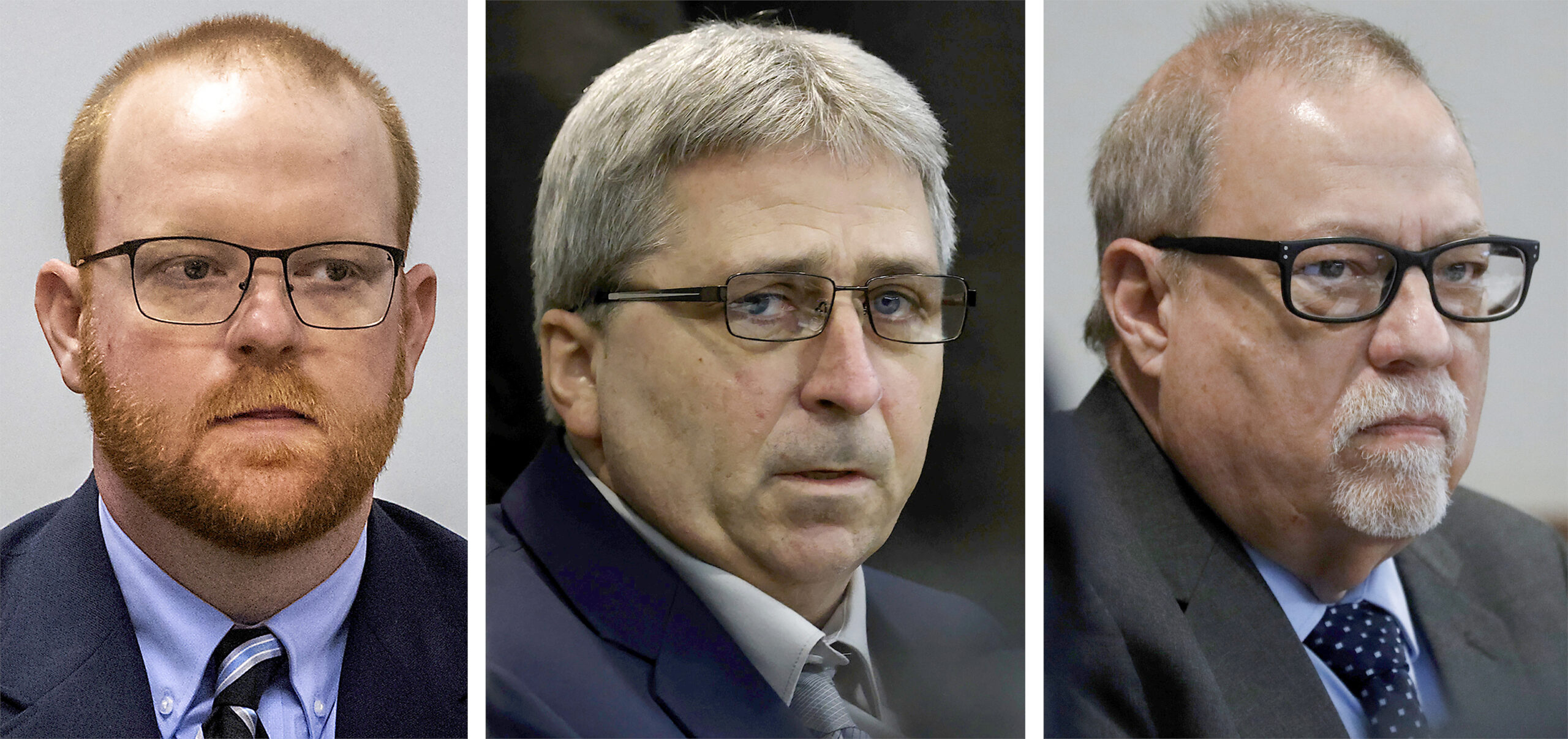Senate Study Committee To Address Felon Voting Rights

State lawmakers are set to meet Wednesday afternoon to discuss whether voting rights should be restored sooner for those with non-violent felony offenses.
David Goldman / Associated Press
Hundreds of thousands of Georgians with felony convictions still can’t vote, even after they’ve been released from prison.
State lawmakers are set to meet Wednesday afternoon to discuss whether voting rights should be restored sooner for those with non-violent felony offenses.
Currently, Georgia law only allows people with felony convictions to vote after their sentences have been served – including probation and parole.
Marissa McCall Dodson is with the Southern Center for Human Rights. She said voting is part of integrating back into everyday life.
“Not only by paying taxes and working and contributing to society, but also being able to choose the people and the policies that will represent them, that people feel more invested in their community and are less likely, again to return to the criminal legal system,” McCall Dodson said.
Of the 250,000 Georgians who can’t vote because of felony convictions, the majority are black.
The Senate Study Committee on Revising Voting Rights for Nonviolent Felony Offenders has met twice this year. It’s made up of both Republicans and Democrats.
“I think that the issue of felony disenfranchisement continues to be seen as a Democratic issue, which it is not,” McCall Dodson said. “And so one of our goals has been to try to make this a non-partisan issue, just about access and clarity with the current law.”
One issue that needs to be explored, said McCall Dodson, is the term “moral turpitude.” Georgia is one of two states, along with Alabama, which have this phrase on the books. “Moral turpitude” dates back to the late 1800s. But the term is not clearly defined, keeping Georgia law from distinguishing between violent and non-violent felonies when it comes to the restoration of voting rights.
McCall Dodson also said an ability to pay fees or fines associated with convictions shouldn’t keep people from voting.








